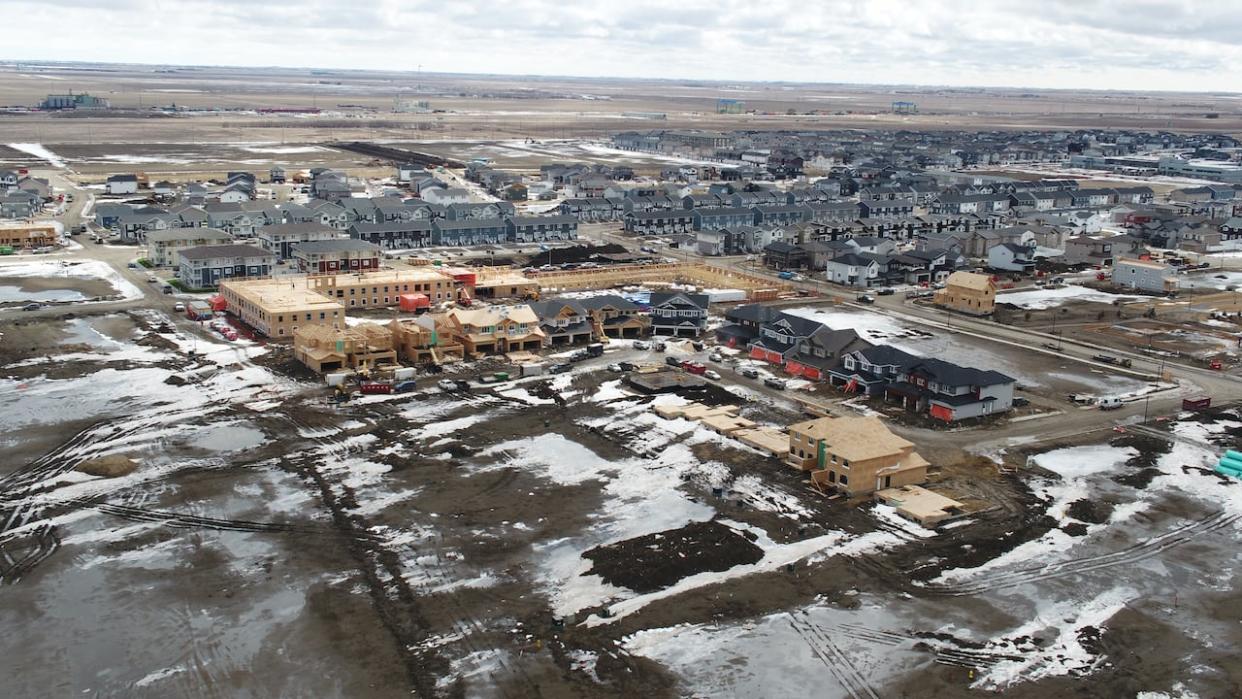Regina quietly announces $35 million in federal housing funds

- Oops!Something went wrong.Please try again later.
The City of Regina has overhauled its regulations around density and development, and will now have federal money to show for it.
On Friday, Federal Housing Minister Sean Fraser and Mayor Sandra Masters quietly announced that the city will receive $35 million from Ottawa's housing accelerator fund (HAF).
The money is meant to fast track more than 1,000 housing units over the next three years. The homes will be on top of what is normally built in the city.
"When we see the ambition that Regina is demonstrating, it's absolutely exciting because when we have good partners on the ground. This is what gives me a sense of optimism that we're going to be able to actually bring to an end the housing crisis we're living through," Fraser said during a news conference Friday.
The funding is the culmination of an application process that began in June 2023, when the city applied for $36.2 million from the federal government's Canada Mortgage and Housing Corporation (CMHC) and its housing accelerator fund.
The money awarded on Friday is a bit less than the original request from the city, but Masters still welcomed it, calling the HAF an innovative approach to a solution everyone is experiencing.
"Municipalities need help when it comes to innovation and transformation," she said.
Fraser has made regular announcements across the country announcing funding for cities and municipalities through the HAF.
"For many years, a culture has grown in Canada of making it very difficult to build more homes through permitting, processing, zoning practices that make it difficult to make space for more neighbours," Fraser said.
That's what the CMHC's fund is meant to address, Fraser said.
Successful applicants are expected to use the money on housing and infrastructure that supports housing growth.
Regina's action plan commits the city to a series local initiatives, including zoning changes to allow four units per residential lot, promoting density though multi-family homes and multiplexes, allowing greater density along urban corridors by increasing height limit restrictions and ensuring that different kinds of homes can be built in already established neighbourhoods.
Some of those changes have already been approved by Regina city council.
Masters said the city will get to work right away on using the funds.
"We want to go fast here in the City of Regina," she said.
"We know that our vacancy rate for rental is below 1 per cent in most areas of the city. What's happening is it's putting pressure on rent and we just don't have enough supply coming into market."
Regina's application and the changes have been warmly welcomed by experts and the development industry.
Along with the planning and zoning changes, the City of Regina will develop a funding program to cover pre-development costs for redevelopment of underused sites, and help build more homes by partnering with non-profit housing groups, according to the release.

